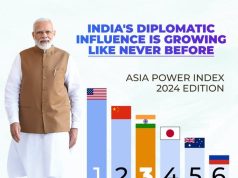Uncover the truth about Schengen visa rejection rates for Africans. This informative blog post dives deep into essential statistics, expert advice, and strategies to help you navigate the complexities of visa applications efficiently.
The Schengen area a 29 country passport free zone is a marker of European solidarity, plus a door to possibilities for many. However, for Africans, the doorway to the Schengen zone is often problematic, if not impossible, due to increased rejection rates for visas.
In recent years, Schengen states have seen a significant increase in visa applications that have contributed substantially to revenue. Although the overall rejection rate is going up, the increase in total applications has not been shared equally since 7 of the 10 countries with the highest rejection rates for visas is found on the African continent.
This leads to questions about fairness and transparency in the Schengen Visa regime. First, at the heart of the high rejection rate for African visa applicants has to do with the economies of Africa relative to Europe. The ability to access travel has always been based on either the country’s passport or economy.
Countries with stronger economies and passports are more often allowed to travel easily while weaker passports or passports from countries with weaker economies face higher barriers. The economic barrier is key to explaining the rejection rates for Africans. Second, rejection rates for African applicants may be associated with an applicant’s intent to return home.
The Schengen Visa regime requires evidence of “strong” ties, but this is a subjective decision in practice. While some applicants may have solid evidence, often, consuls make decisions based on circumstantial evidence when determining intent to return home. The reverse may be true where the agent may not agree that an applicant has enough factors or evidence of ties to warrant a visa. Their economic status or nationality are common threads that factor in a decision.
The implications extend beyond mobility or opportunities; rejection rates for African Visas have undermined the EU commitment to “develop partnerships with Africa” and relationship building has been hindered most by the visa rejection order. The current regime of these tended to impact Africans more than Europeans and leave one with feelings of hopelessness and frustration. The EU should be concerned and such feelings should not be bestowed upon others as a strategy for building their partnerships with Africa.








